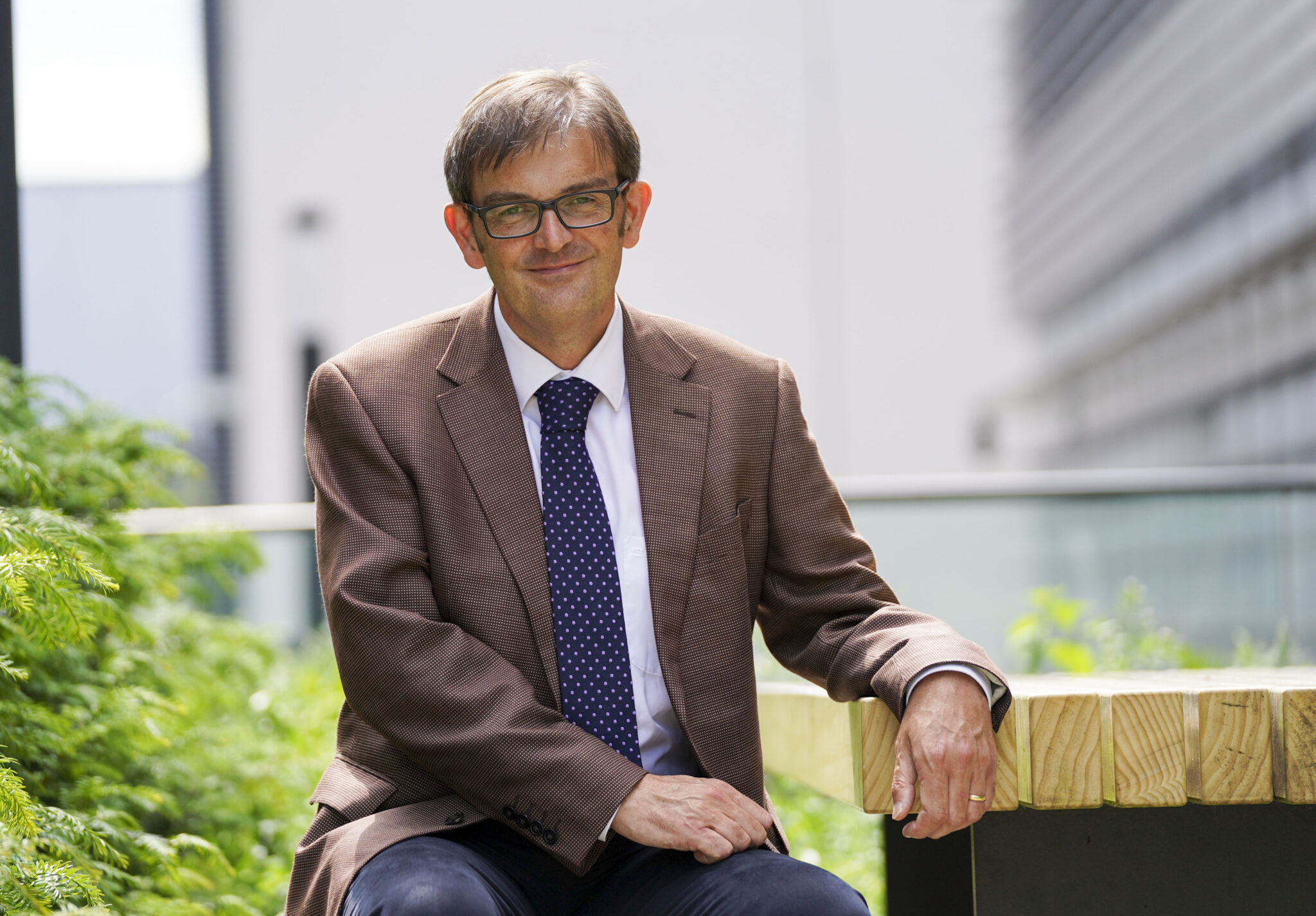
A new nonprofit wants to design cheap drug trials, aiming to build on massively successful Covid-19 study
The UK’s RECOVERY trial, a platform study evaluating several potential treatments for Covid-19 using the NHS’ network of hospitals, has proven one of the most successful pandemic endeavors, likely saving hundreds of thousands of lives. Its creators want to tackle other diseases in a similar manner, and they’ve secured some Big Pharma cash to get started.
Led by RECOVERY mastermind Martin Landray, the nonprofit Protas launched Monday with $6.8 million from Sanofi. The goal is to design and develop cost-effective large scale clinical trials across a wide range of diseases, partnering with pharma companies, clinical sites, academic institutions and patient groups along the way.
Unlock this article instantly by becoming a free subscriber.
You’ll get access to free articles each month, plus you can customize what newsletters get delivered to your inbox each week, including breaking news.